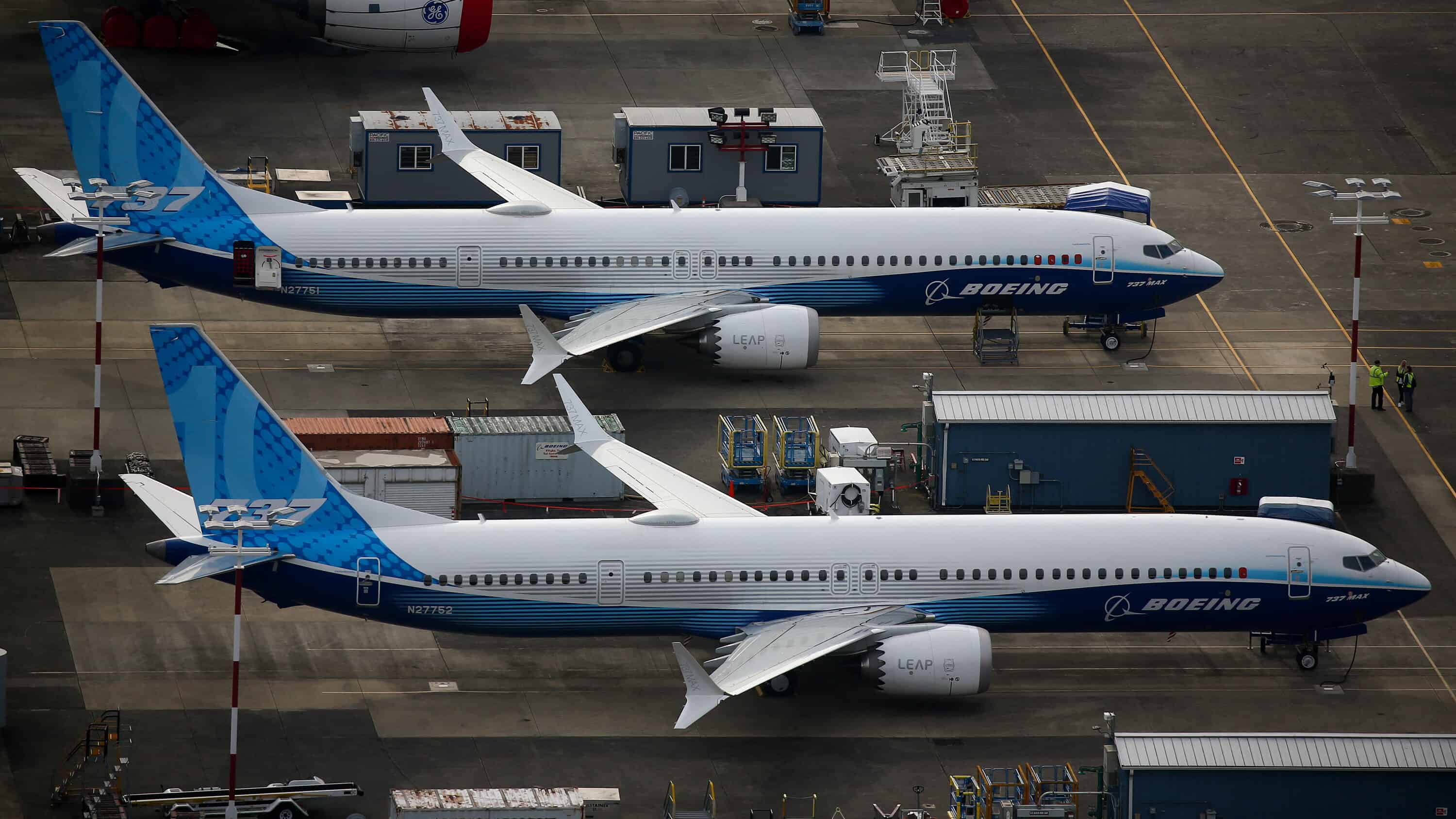Paris, France— Boeing just barely edged out European rival Airbus in the first quarter of the year with 130 aircraft deliveries compared to Airbus’ 127, figures reported by both companies showed on Tuesday.
Airbus’s 11 percent drop compared to this time last year — where it delivered 142 aircraft — comes amid persistent supply chain issues, a potential setback for the aerospace giant’s ambitious goals for 2023.
Airbus will have to pick up the pace to reach its target of 720 units for the year compared with 661 in 2022.
Deliveries are a reliable industry indicator about a plane-maker’s profitability as customers pay the bulk of their bills when they take possession of the aircraft.
The slowdown in Airbus’s deliveries is also due to the growing share of A321 planes it must deliver, as the variety of parts needed for the single-aisle aircraft make it more susceptible to supply chain bottlenecks.
Boeing, meanwhile, was down from the last quarter in 2022 — which saw 152 deliveries — but was up compared to the same period last year, when it delivered 95 aircraft.
It mostly delivered its mid-sized 737 MAX carriers — making up 113 of its first-quarter deliveries.
Those came in part from a large stock of MAX reserves that Boeing is selling off following a 2019-2020 suspension of deliveries of the plane prompted by two fatal accidents that killed hundreds of people.
Boeing aims to deliver more than 400 MAX airliners this year.
Boeing also resumed in mid-March deliveries of its long-haul 787, which were temporarily halted at the end of February by the Federal Aviation Administration. It delivered just 11 in the first quarter, far below the pace needed to meet its goal of at least 70 deliveries this year.
In March, Airbus logged 20 new orders, 19 of which were for its wide-body A350 — including 15 ordered by German-carrier Lufthansa.
Airbus reported a net balance of 142 orders so far this year.
Boeing, meanwhile, recorded 60 orders in March, with 40 MAX orders and 20 787 orders. It reported a net total of 107 orders.








